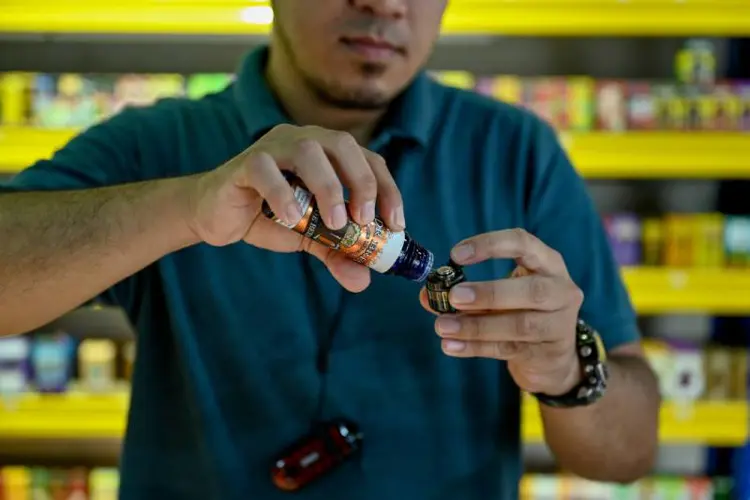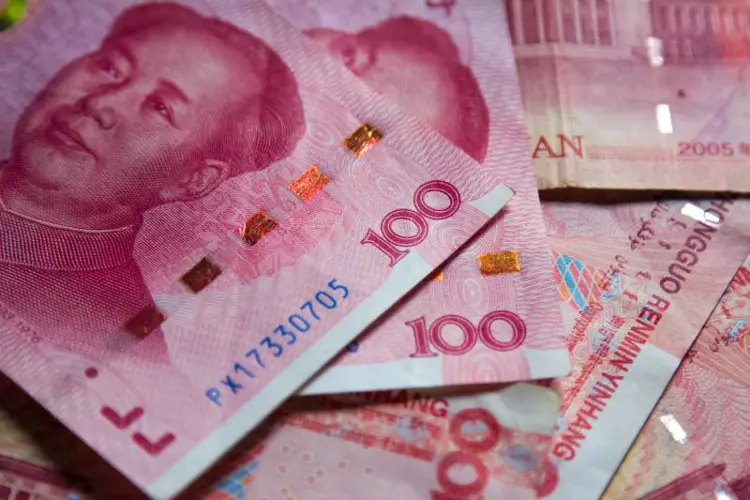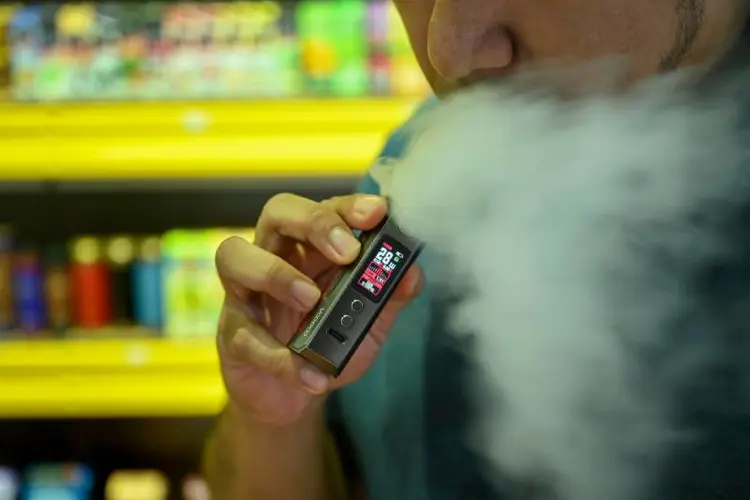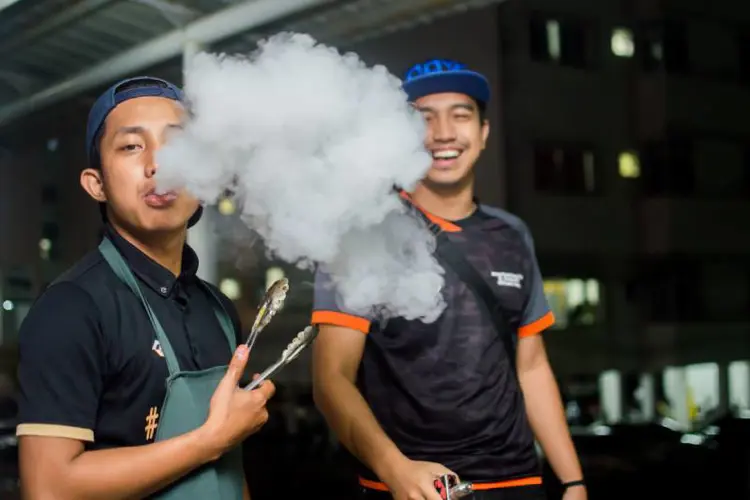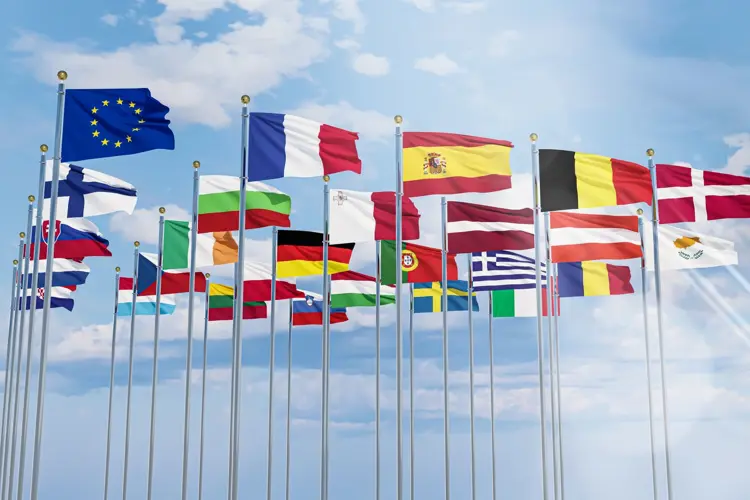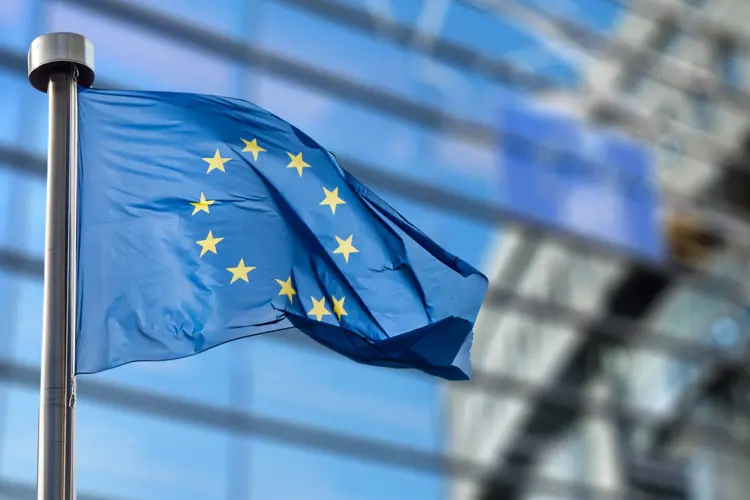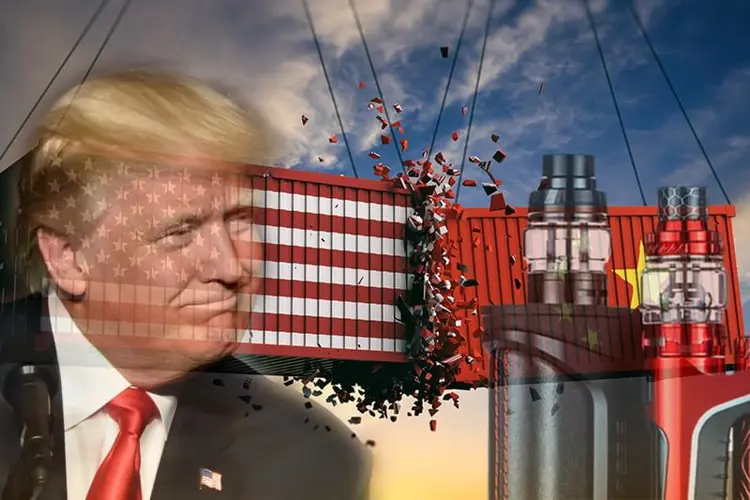A huge tax on e-liquid in Indonesia will go into effect July 1. The 57 percent tax will probably affect the adoption of vaping in a country with a 67 percent smoking rate among male residents over age 15 — the highest smoking rate in the world.
The new tax will apply only to e-liquids that contain “traces of tobacco plants,” according to Reuters. The meaning of that is unclear, since all e-liquid that contains nicotine would fit that description. The Indonesian customs office estimates that there are about 300 e-liquid manufacturers in the Southeast Asian country, and more than 4,000 vape shops.
Indonesia is the fourth-largest country in the world, with more than 260 million people. Tobacco taxes account for most of Indonesia’s excise tax income. This year’s excise income target is 155.4 trillion rupiah (U.S. $11.2 billion). The new vape tax is expected to add 100-200 billion rupiah (about $7.2 million).
Indonesian smokers pay the equivalent of about $2 a pack for cigarettes.
Indonesian officials haven’t been shy about the purpose of the huge tax. Heru Pambudi, director general of customs and excise at the Ministry of Finance, said last year that the primary purpose of the tax would be “to limit the consumption of vapes.”
Trade minister Enggartiasto Lukita told a local newspaper that vapers should just smoke instead. Explaining that tobacco farmers would be hurt by a decline in smoking, Lukita said, “We should turn vapers into conventional cigarette smokers.”
The tobacco lobby is powerful in Indonesia, according to the Washington Post. The country is one of the few in the world (along with the United States) that hasn’t ratified the World Health Organization’s Framework Convention for Tobacco Control (FCTC), and cigarette taxes are low. Indonesian smokers pay the equivalent of about $2 a pack for cigarettes.
The Freemax REXA PRO and REXA SMART are highly advanced pod vapes, offering seemingly endless features, beautiful touchscreens, and new DUOMAX pods.
The OXVA XLIM Pro 2 DNA is powered by a custom-made Evolv DNA chipset, offering a Replay function and dry hit protection. Read our review to find out more.
The SKE Bar is a 2 mL replaceable pod vape with a 500 mAh battery, a 1.2-ohm mesh coil, and 35 flavors to choose from in 2% nicotine.
Because of declining cigarette sales, state governments in the U.S. and countries around the world are looking to vapor products as a new source of tax revenue.
The legal age to buy e-cigarettes and other vaping products varies around the world. The United States recently changed the legal minimum sales age to 21.
A list of vaping product flavor bans and online sales bans in the United States, and sales and possession bans in other countries.







